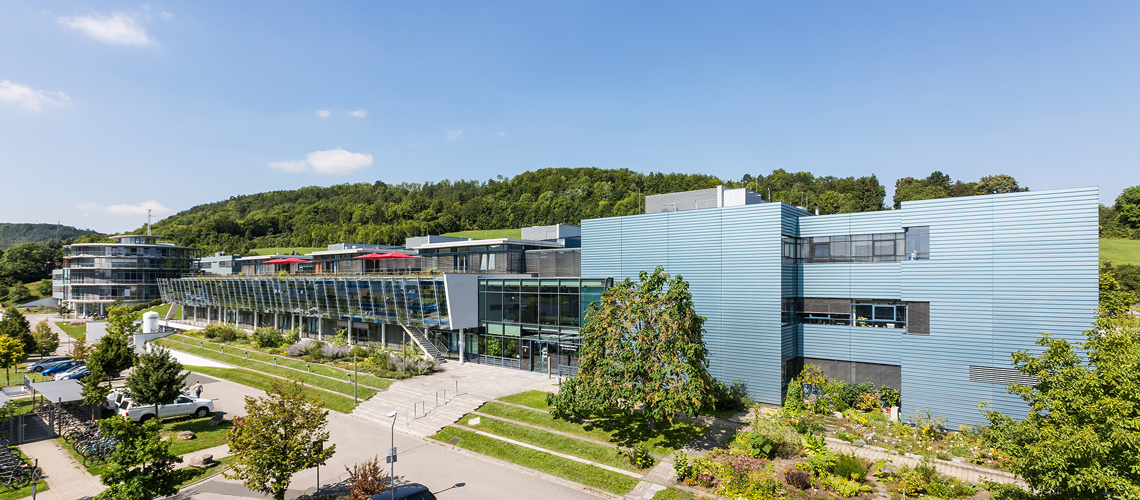The Department of Interface Science headed by Prof. Beatriz Roldán Cuenya at the Fritz Haber Institute carries out cutting-edge research on advanced functional materials with applications in heterogeneous catalysis, energy conversion and electrochemistry. By combining unique synthesis methods, state-of-the art tools for operando experimental characterization and advanced approaches to data analysis, atomistic details of thermal catalysis and electrocatalytic reactions at gas/solid and liquid/solid interfaces are revealed. In particular, structure-reactivity correlations on nanostructured materials can be established, paving the way for the rational design of novel catalytic materials.
We are looking for a Postdoc (m/f/d) for the Minerva Group at the Department of Interface Science.
Project: Resolving the electrochemical interface
In electrocatalysis, the primary role of the electrolyte is to conduct ionic charge between electrodes. However, these ionic species are not mere spectators and have been proven to be intimately involved in the reaction mechanisms. Still, there is currently a lack of direct evidence of the structure of the electrochemical interface under different reaction conditions, which is key to understanding the electrolyte effects observed for various reactions as CO2 and H2O electroreduction.
In this position your main goal will be to resolve the structure of the electrode-electrolyte interface under operando conditions using Surface X-Ray Diffraction, and other in situ/operando spectro-microscopy experimental tools available at the institute. This will allow for detailed characterization of water-ion-electrode interactions, which is currently needed for understanding key electrocatalytic reactions. The successful candidate will be responsible for the preparation and testing of single crystal electrodes as well as well-defined model thin film systems, and will lead spectroscopy and diffraction experiments in synchrotron facilities. Ultimately, the fundamental insights gained will be translated into more applied systems.
The Postdoc position is initially for one year, with the possibility of extending it up to three years.
Requirements
We expect candidates to have:
- A PhD in Chemistry, Chemical Engineering, Physics or Physical Chemistry, preferably with prior experience in Electrochemistry
- Experience at performing complex experiments with a high drive to solve scientific and practical/instrumental challenges independently.
- Strong publication record in peer-reviewed journals.
- Excellent English skills.
- Experience in synchrotron beamtimes including Surface X-Ray Diffraction and X-ray absorption spectroscopy and the related data analysis will be valued.
- Experience with scripting and analysis is a plus.
Application
Submit your application via our online application portal as soon as possible including the following documents:
- Curriculum vitae
- List of publications
- Names and email addresses of three references
Applications will be accepted from immediately until the position is filled. We thank all applicants for their interest; however, only those individuals selected for an interview will be contacted.
For more information, please contact Dr. Mariana Monteiro monteiro@fhi-berlin.mpg.de
Fritz Haber Institute of the Max Planck Society
Faradayweg 4-6
14195 Berlin
Germany
Max Planck Society
The Max Planck Society endeavours to achieve gender equality and diversity. Furthermore the Max Planck Society aims to increase the participation of women in research. Therefore, applications by women are particularly welcome. The Max Planck Society is also committed to increasing the number of individuals with disabilities in its workforce and therefore encourages applications from such qualified individuals.
Berlin
The Fritz Haber Institute (FHI) is located in the quiet south-west of Gemany’s capital Berlin, which is a large, tolerant and cosmopolitan city. Berlin offers a wide variety of culture, art, music, and outdoor opportunities.
